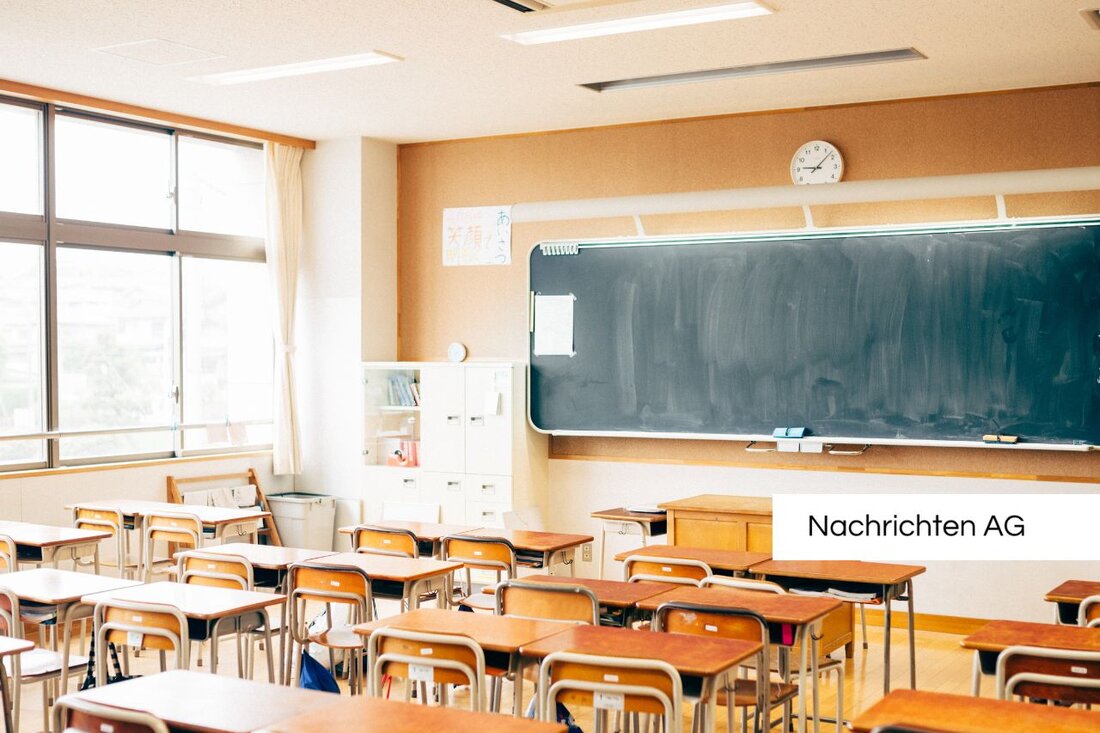Paderborn's students in high-performance computing: future crafts for MINT professionals!
The University of Paderborn is cooperating with the St. Xaver High School for a computer science workshop in PC2 to promote MINT.

Paderborn's students in high-performance computing: future crafts for MINT professionals!
The University of Paderborn has launched a new partnership with the Bad Driburger Gymnasium St. Xaver. This cooperation gives upper school students the opportunity to take part in an annual workshop at the university. The first of these workshops took place at the beginning of April and was led by Dr. Stephan Blazy, a teacher at St. Xaver Gymnasium and former research assistant at the Paderborn “Paderborn Center for Parallel Computing” (PC2). This is one of nine nationwide centers for National High Performance Computing (NHR) in Germany.
The aim of the workshop is to introduce students to the research results in computer science. During the three-day program, the participants tested specially developed programs on the high-performance computer “Noctua 2”, which serves as the heart of the HPC center at the university. This calculator is used in various scientific disciplines, from quantum research to sustainable energy production.
Relevance to STEM education
The importance of this cooperation is highlighted by school principal Antonio Burgos. He emphasizes that the partnership is crucial for his school's STEM orientation. The St. Xaver Gymnasium is known for its distinctive MINT profile and belongs to the “MINT-EC” excellence network. In addition, Prof. Dr. Matthias Bauer, President of the University of Paderborn, described the cooperation as an opportunity to attract future students.
In this context, PC2's support and infrastructure is also worth mentioning. The facility offers comprehensive support for research projects and accompanies users from submitting the computing time application to archiving the data. In addition, regular training courses on how to use HPC systems are offered, from basic courses to advanced courses on optimizing parallel programs for software developers. These initiatives help to strengthen the research infrastructure for leading scientists in Germany and to research new technologies.
The larger framework of STEM education
The BMBF action plan also plays an important role as part of the MINT strategy at the national level. This takes a holistic and networked approach to promote MINT education along the entire education chain. Initiatives such as the “House of Little Researchers” or the “Jugend forscht” competition are part of this plan. In addition, a “5-point plan for more MINT skills” will be implemented, which, among other things, creates incentives for collaboration between school and extracurricular activities.
A central goal of these measures is to improve MINT education offerings through exchange, advice and practical tips. The central contact point “MINTvernetzt” was created to achieve these goals and was officially launched by Federal Minister of Education Anja Karliczek. This network is further strengthened through the cooperation between the University of Paderborn and the St. Xaver Gymnasium.
These strategic approaches in MINT education are particularly important in order to sustainably promote the next generation of skilled workers in Germany and to get students interested in mathematics, computer science, natural sciences and technology at an early stage.

 Suche
Suche
 Mein Konto
Mein Konto